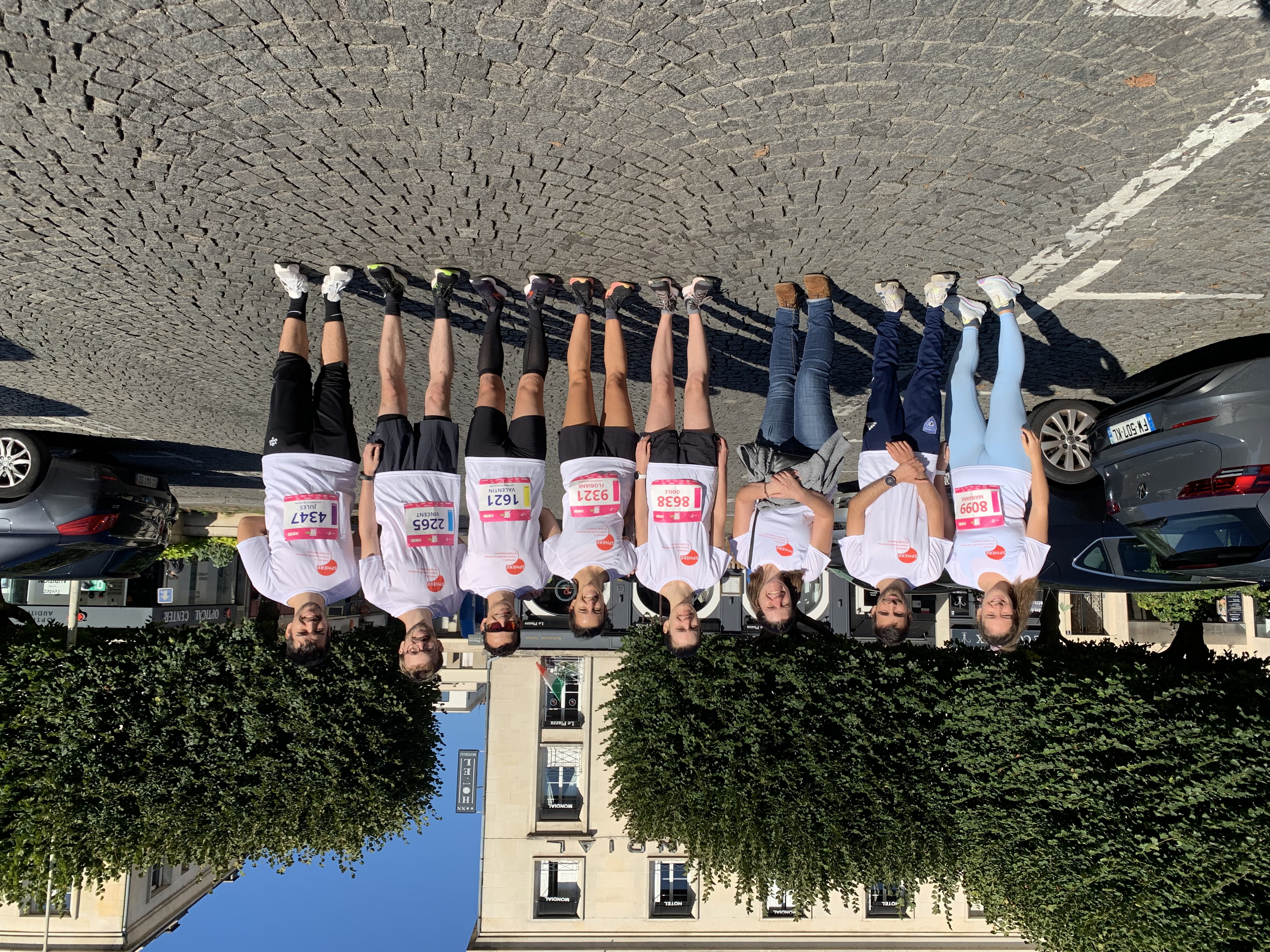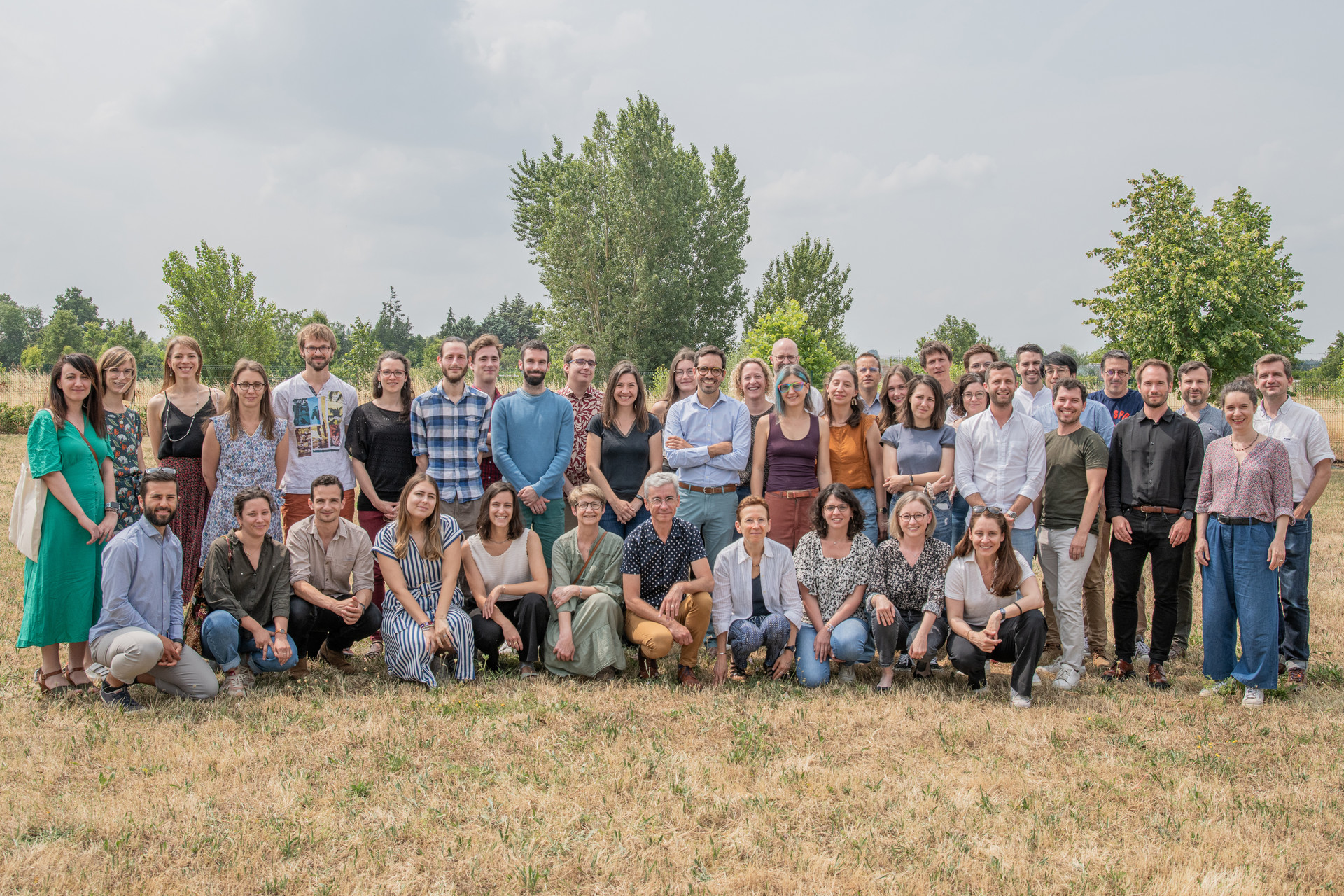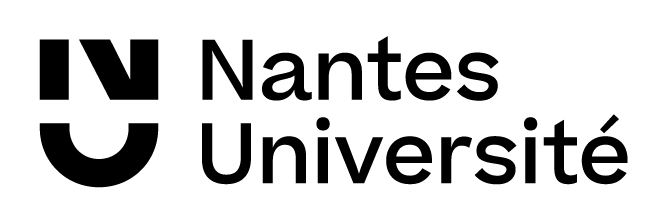U1246 SPHERE
SPHERE is a multidisciplinary unit that seeks to develop and validate methods that can be used in clinical or epidemiological studies.
The philosophy that drives the SPHERE unit is that the patient must be considered as a whole, i.e. taking into account his/her environment, and integrating his/her perceptions, experience, and wishes.

4 axes of research
Our latest news

On September 24, SPHERE athletes took part in the Tours 10km-20km and marathon!
On Sunday, September 24th, the team of young researchers from SPHERE met in Tours and launched into a sports adventure by participating in the city’s annual running race. The following Monday, they discussed the best way to design slides and posters for their conference presentations, thesis defenses, and other similar events. Overall, this weekend was an enriching experience that significantly strengthened the cohesion within the team of young researchers

Restricted mean survival time to estimate an intervention effect in a cluster randomized trial
For time-to-event outcomes, the difference in restricted mean survival time is a measure of the intervention effect, an alternative to the hazard ratio, corresponding to the expected survival duration gain due to the intervention up to a predefined time t*. We extended two existing approaches of restricted mean survival time estimation for independent data to clustered data in the framework of cluster randomized trials: one based on the direct integration of Kaplan-Meier curves and the other based on pseudo-values regression. Then, we conducted a simulation study to assess and compare the statistical performance of the proposed methods, varying the number and size of clusters, the degree of clustering, and the magnitude of the intervention effect under proportional and non-proportional hazards assumption.

SPHERE Summer Science Day in Tours
On Thursday 29 June, all SPHERE members met in Tours!
The programme included a workshop on the CARER systematic review project and a workshop on the ecological and social transition.
After a convivial lunch that was the occasion of a few photos and a meeting of young researchers, the unit exchanged on how to evaluate the future of patients after reanimation and how to involve patients and caregivers in conducting research.
